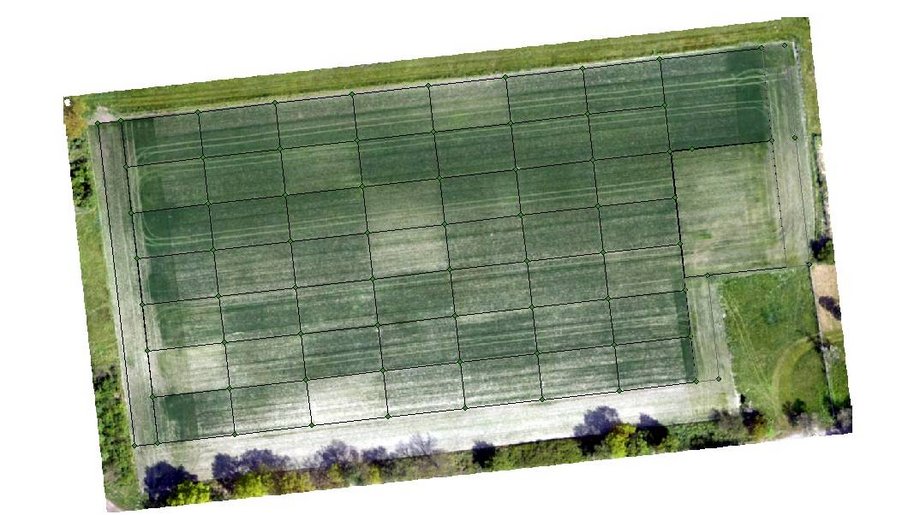Coal-for-Water Adaptation Booster (CfW)
Background and aim of project
Various organic substances beneficial for boosting the stable organic matter in soils have recently been discussed. The company NOVIHUM offers granules derived from lignite that can be produced in large and homogeneous quantities without being dependent on ramified supplier chains. Results from a greenhouse experiment in 2015 indicate that the application of both NOVIHUM granules and Biochar lead to an increase in crop yields exceeding those of plants that received conventional fertilizer. Unlike biochar, yield increments remained the same at very low application rates of NOVIHUM suggesting that NOVIHUM strongly enhances the plant water use efficiency (WUE), and hence the resilience to drought. The specific aim of this project is to validate these experimental findings under field conditions. Envisaged field trials will include measurements of soil properties, yields, and soil water retention capacities for different application rates. This will allow for the development of a data based methodology to assess the water use efficiency.
Work packages
Work package 1: The Centre for Sustainable Landscape Development at BTU Cottbus-Senftenberg (BTU) will support the establishment of the field trial and will carry out the research on experimental plots in close cooperation with the NOVIHUM Company and the local farming cooperative. Studies will focus on parameters such as yield, water retention capacity, nutrient analysis of soils and plants, transpiration rate, soil organic matter, local precipitation, all being of relevance within the scope of this project. The set of data will form the basis to assess the water and – linked to that – the nutrient use efficiency.
Work package 2: Deltares and the subcontractor will develop methodology to assess and monitor the water use efficiency and drought resilience of systems treated with NOVIHUM. Additionally, an assessment of potential standards or frameworks will be carried out with a view to claiming (and eventually even monetizing) the benefits of NOVIHUM. The methodology to be developed will comply with the requirements set of the chosen standard, and will entail the following tasks:
- Identify a suitable standard (or framework) under which to develop the methodology
- Draft Adaptation to climate change impact baseline and monitoring Methodology development
Work package 3: The Helmholtz Centre Potsdam – GFZ German Research Centre for Geosciences will contribute with specific analytical and modeling tools. The GFZ will develop a model for the prediction of the short term gain in soil organic matter in order to assess whether NOVIHUM will contribute to an increase to the water retention capacity of soils on the short and the mid-term.
Work package 4:NOVIHUM will implement the results of work packages 1 to 3 for refining their business model. Results from field research, modelling as well as from further analytical studies will be used to explore possibilities for adapting the product to different climate scenarios, soil conditions and uses. During the project the product NOVIHUM will be refined based on the outcomes and outputs of the work packages 1 and 3 and a baseline and monitoring methodology for the assessment of the effectiveness of water use for systems treated with NOVIHUM based on work package 2 will be implemented.
Field trial
The field trial is carried out on a marginal agricultural field of 1.58 ha in Heinersbrück, Germany owned by the local stakeholder (Agrargenossenschaft eG Heinersbrück) and started in spring 2017. Different variants without NOVIHUM and with NOVIHUM application rates of 2.5, 5, 7.5, 11 and 15 t/ha were realized with 6 replicates each. The first crop of the crop rotation programme is summer wheat.

